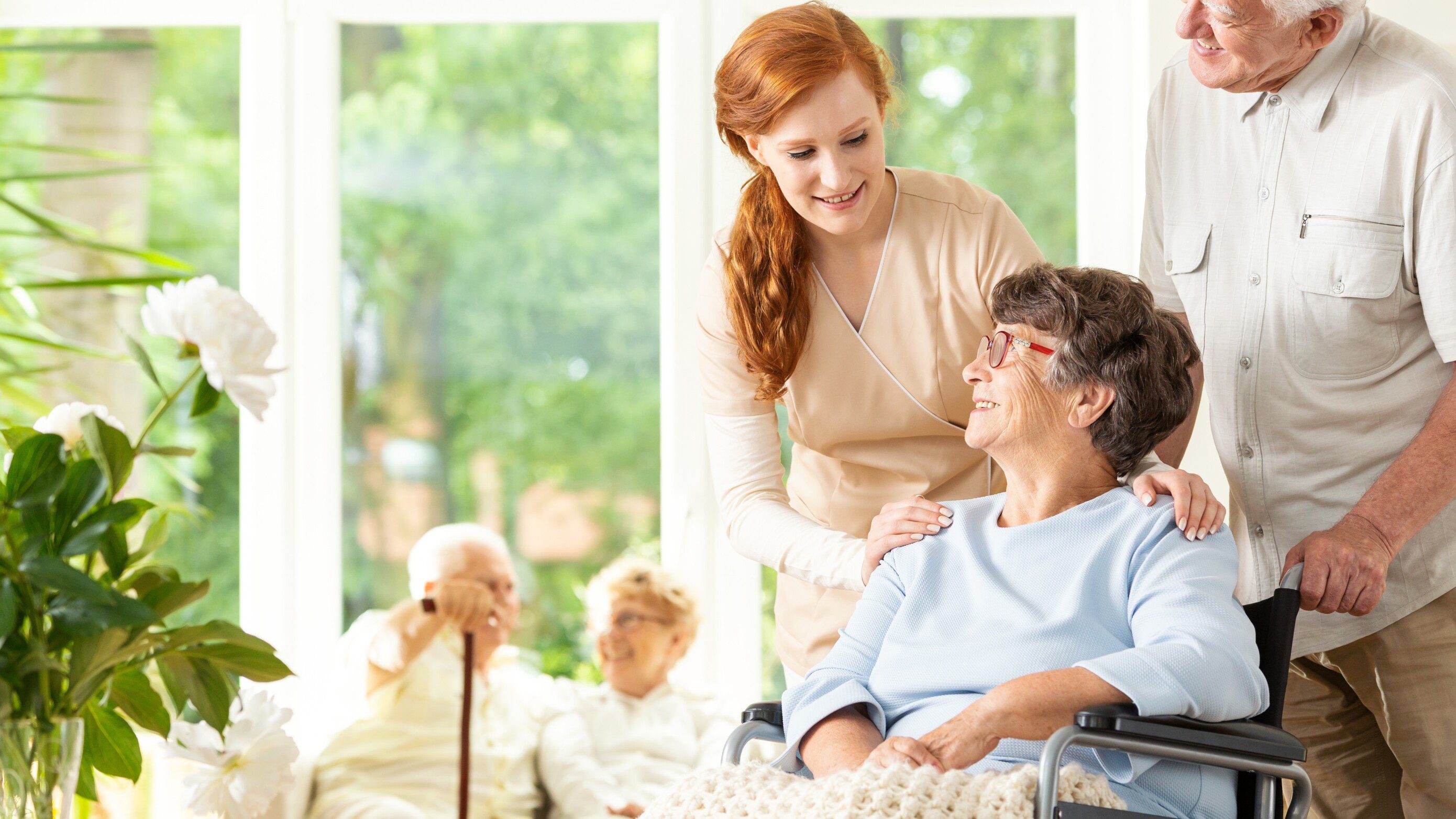Caring for an older person who has suffered a stroke can be challenging. Understanding the consequences and problems that result from stroke is the first step to providing effective care. However, in order to do this, we first need to know what a stroke is.
What is a stroke?
A stroke is a medical emergency that occurs when blood flow to some part of the brainis interrupted. This interruption leads to the brain cells being deprived of oxygen and nutrients, causing them to start dying within minutes. There are two basic types of stroke. Ischemic stroke occurs most often when a blood clot blocks a blood vessel in the brain. A hemorrhagic stroke occurs when a blood vessel in the brain bursts or leaks.
Both types can result from a number of causes, including high blood pressure, smoking, obesity, high cholesterol, diabetes, cardiovascular disease and some genetic disorders. Age, family and personal history can also affect the risk of stroke.
What are the possible consequences of a stroke?
A stroke can lead to a variety of consequences, which often vary depending on the severity of the stroke and the specific area of the brain affected. Immediate effects may include partial paralysis, difficulty speaking or problems with memory and comprehension.
Paralysis or weakness usually affects one side of the body. A person who has had a stroke may have difficulty walking or managing simple tasks such as eating, dressing or using the toilet. These physical problems can lead to increased dependence on caregivers.
Speech and communication may also deteriorate. This condition, known as aphasia, can make it difficult for a person to find the right words, understand conversation, read or write.
Cognitive changes are also common. They may include memory loss, poor attention or difficulty making decisions. In some cases, there are emotional consequences, such as rapid mood changes or increased anxiety and depression.
What should we think about when caring for a senior after a stroke?
- Medical monitoring: regular medical check-ups are very important after a stroke. Doctors monitor the progress of recovery and manage any associated medical conditions. Keep a health diary to keep track of symptoms, the effects of medications, and any changes in your health.
- Physiotherapy: therapies focusing on strength and mobility can help restore physical function. Start as recommended by the medical team and maintain a consistent routine.
- Speech therapy: If communication is a problem, speech therapy can help. Therapists use a variety of techniques to improve language skills and swallowing problems.
- Cognitive training: mental exercises such as puzzles or memory games can help cognitive function. Consult a specialist who will prepare a tailor-made programme for you.
- Emotional support: stroke survivors may have problems with emotions. Encourage an open conversation about feelings. Consider professional help, such as a counsellor or support group.
- Healthy lifestyle: Encourage a balanced diet and regular exercise as recommended by health professionals. Also, ensure that the senior avoids smoking and manages stress.
- Home safety: make sure the living space is safe and easy to use. Install grab rails in the bathroom, remove trip hazards and provide good lighting.
Stroke prevention
The best cure is always prevention. Recognizing the early warning signs of stroke is key to ensuring prompt medical intervention, which can significantly improve recovery outcomes. You can remember common symptoms by using the shortcut “FAST”: Face dropping (one side of the face is sagging or numb), Arm weakness (the arm is weak or numb), Speech difficulty (speech is unintelligible or the person is unable to speak) and Time to call emergency services if you notice any of the following symptoms
Other symptoms may include sudden confusion, difficulty seeing in one or both eyes, loss of balance, severe headache with no known cause, or dizziness. If you suspect someone is having a stroke, call emergency services immediately. While waiting for medical attention, keep the person calm, ensure they are in a safe and comfortable position, and monitor their symptoms. Do not give them any food or drink as a stroke can affect their ability to swallow. Immediate professional medical careis essential to minimize brain damage and possible complications.
Remember that every stroke survivor’s journey is unique. Patience, empathy and a positive attitude go a long way in helping seniors cope with the aftermath of a stroke. Connecting with health care providers, support groups and fellow caregiverscan offer valuable insights and help along the way.
We in society Atena know that every caregiver´s journey is also unique. That’s why, even after 15 years of development, we are still moving forward and improving our services. Every carer who works with the company Atena receives a personalized service that matches her exact needs. Work with professionals, success is no lucky chance!







